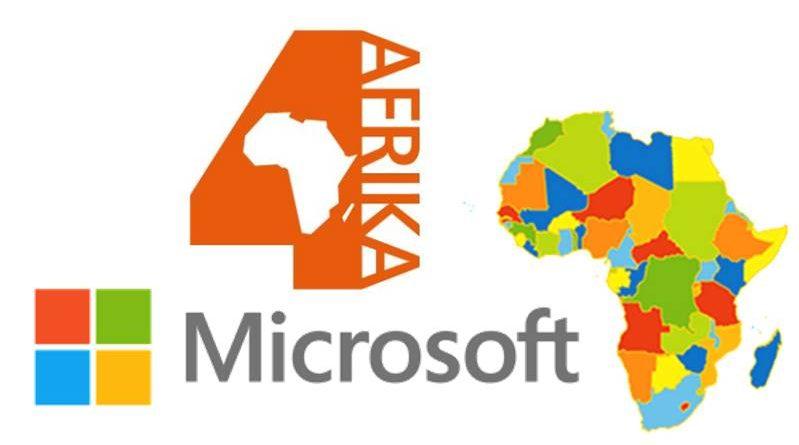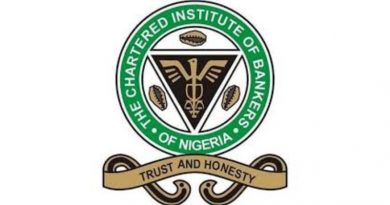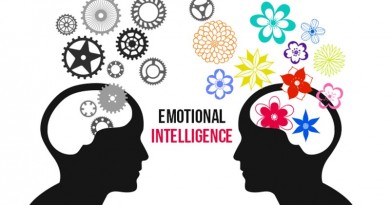Wentors collaborates with Microsoft 4Afrika initiative to mentor women in tech industry
To mark International Women’s Day, women’s mentorship organization Wentors, in collaboration with Microsoft, through its Microsoft 4Afrika initiative, aims to provide mentorship and training to 1,000 women working in the technology industry.
According to the United Nations Institute of Statistics (UIS) less than 30 percent of the world’s researchers are women. Numerous studies have found that women in Science, Technology, Engineering and Maths (STEM) fields publish less, are paid less for their research and do not progress as far as men in their careers. UNESCO notes that a strong gender imbalance exists globally, particularly in sub-Saharan Africa, in regard to women’s representation in STEM fields. And in its report on Factors Which Contribute to or Inhibit Women in Science, the African Academy of Sciences noted that, “the choice to pursue STEM related careers was further influenced by other women working in STEM who acted as role models.”
Wentors is a global community of women in technology mentoring and nurturing each other through a platform in which experienced women in the tech industry can mentor upcoming young women joining the industry, and final year students looking to start a technology career.
The initiative was launched by Microsoft 4Afrika employee, EduAbasi Chukwunweike, a graduate in software engineering with her Masters’ degree in Informatics. Chukwunweike noticed that as a solutions specialist in the enterprise team responsible for the cloud business in Nigeria, most of her conversations within the customer environment were with men. This got her thinking about how she could make an impact with gender diversity in the technology industry, and ultimately led to the launch of Wentors.
“We believe the people best situated to nurture these dreams are the women currently in technology and hence we are redefining the mentorship roadmap by building a global community of women in technology who nurture each other,” says Chukwunweike.
The organisation runs Cohorts programmes, eight to 12-week periods during which each mentor commits to an hour-long weekly session with her mentee. The cohorts have weekly themes and provide the mentors with mentorship packages to guide them through the process. As part of the cohort, the programme provides soft skills training and webinars in areas such as personal branding, networking, communication and Imposter syndrome. The goal of this training is to provide women entering the tech industry with the skills necessary to thrive and sustain a career within the tech ecosystem. The Wentors community grants its participants access to expertise crucial for career progression.
The programmes are all facilitated virtually, which enables a global audience to participate, and uses a platform that leverages AI algorithms to match mentors with mentees, and a mentoring framework with a set number of sessions, continuous feedback between mentors and mentees, and a progress measurement. The organisation uses Microsoft’s Office 365 and hosts all its training and webinars using Teams.
To date, Wentors has facilitated mentorship among 240 women across four continents, with a community of over 900 members. Now, the programme has set itself an ambitious target of facilitating 1,000 mentorships across the world. To achieve this lofty goal, the organisation is partnering with different communities and tech companies.
“Meeting this goal is vitally important, as this brings us closer to increasing the numbers of women represented in the tech industry,” said Chukwunweike. “Our ultimate goal is to have women in technology make up 50% across all positions in the IT industry, which amounts to impacting the lives of 8 million women globally.
“It’s evident by the significant investments into skills development and educational programmes that Microsoft believes in upskilling our youth to have the right skills to succeed in the Fourth Industrial Revolution. It is a social, moral and economic necessity to ensure young girls and women in Africa are given the skills to master technology and increase the number of future-ready professionals,” she adds.




